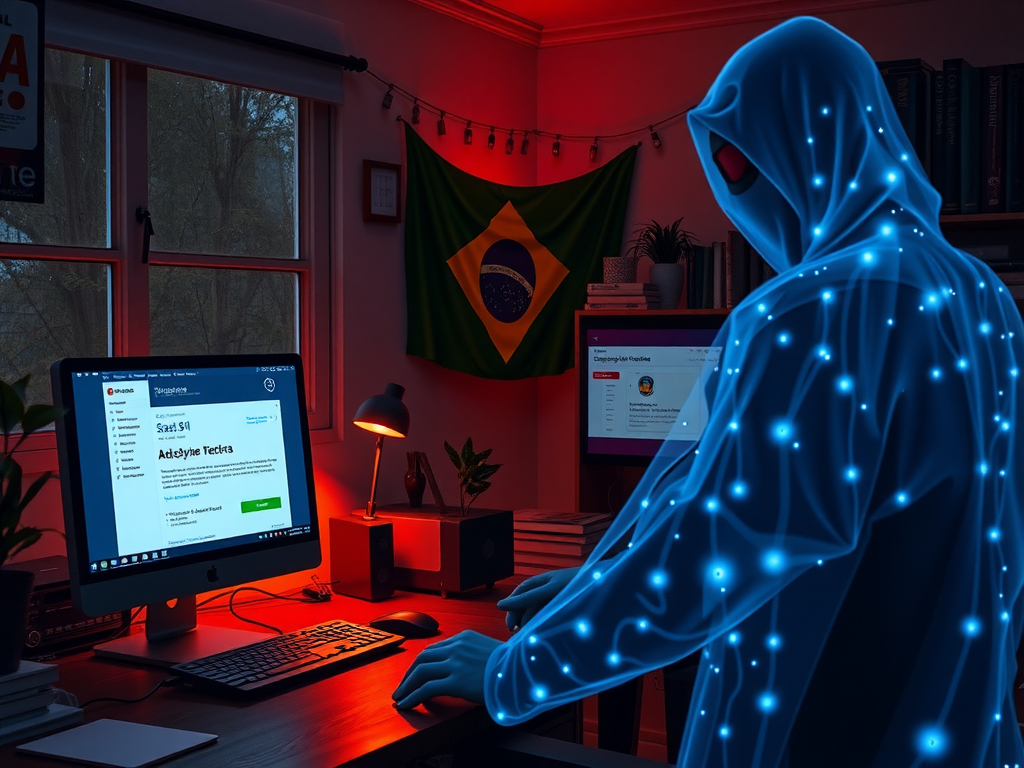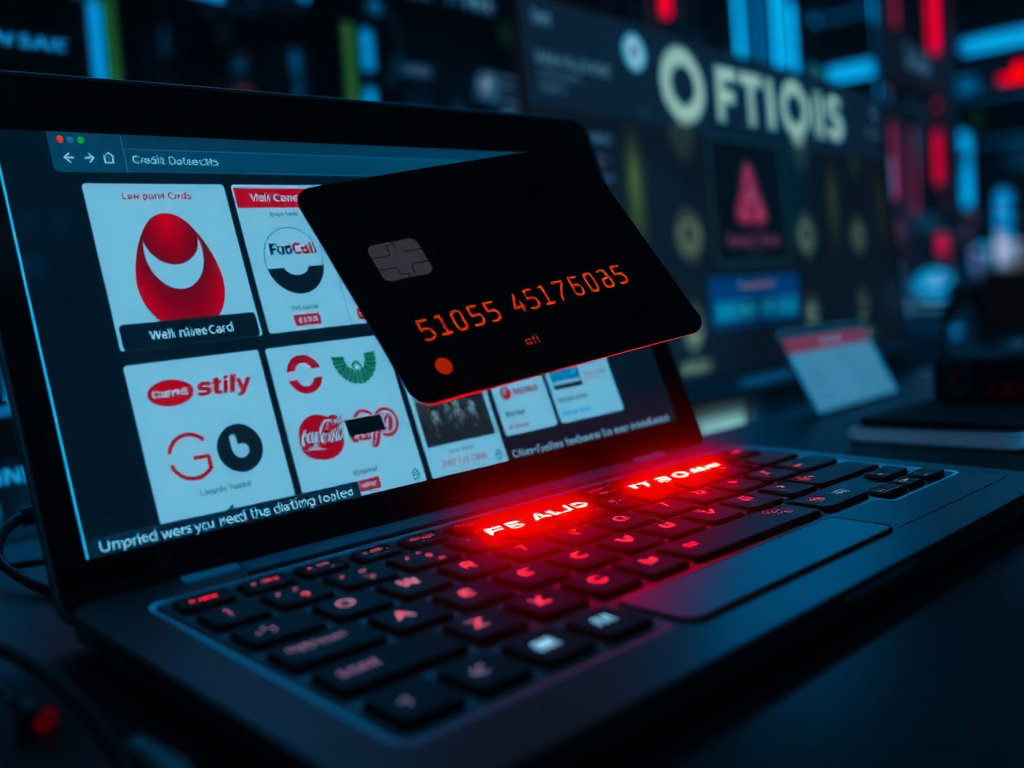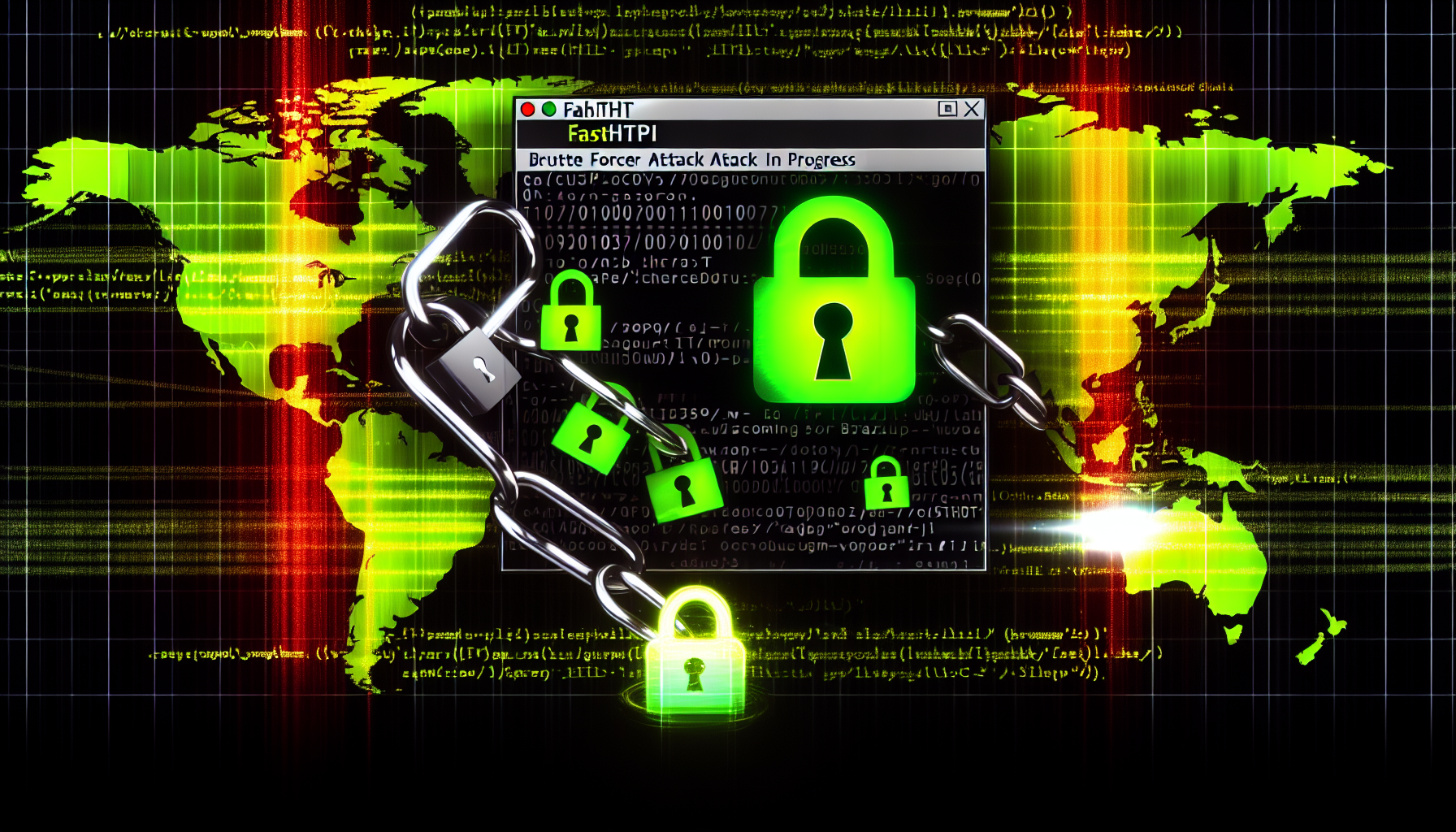Threat Overview
The Security Operation Center (SOC) has recently received a threat report published by AlienVault on June 5, 2025. The report, named Operation Phantom Enigma, reveals a sophisticated and pervasive cyber campaign targeting primarily Brazilian residents since early 2025.
Threat Summary
Operation Phantom Enigma involves the use of phishing emails, some originating from compromised company servers, to distribute malware. The attackers have employed two distinct attack chains:
- Malicious Browser Extension: The first attack chain utilizes a malicious browser extension compatible with Google Chrome, Microsoft Edge, and Brave. This extension has been downloaded over 700 times, affecting users not only in Brazil but also in Colombia, Czech Republic, Mexico, Russia, Vietnam, and other countries.
- Remote Management Software: The second attack chain leverages Mesh Agent or PDQ Connect Agent, remote management software often used by IT departments for managing multiple computers within a network.
The primary goal of this campaign is to steal authentication data from victims’ bank accounts, with a particular focus on Banco do Brasil customers. The attackers have employed advanced techniques such as virtualization checks, User Account Control (UAC) bypass, and file deletion to evade detection.
Technical Details
The malicious browser extension operates by capturing sensitive information entered into web forms, including login credentials and financial data. Once installed, it communicates with a command-and-control (C2) server to exfiltrate the stolen data.
Mesh Agent and PDQ Connect Agent are legitimate remote management tools that have been repurposed for malicious activities. The attackers exploit vulnerabilities in these tools to gain unauthorized access to victims’ systems, deploy additional malware, and execute commands remotely.
Detection and Mitigation
Given the sophistication of Operation Phantom Enigma, detecting and mitigating this threat requires a multi-layered approach:
- User Awareness: Educate users about the dangers of phishing emails and the importance of verifying the authenticity of email senders before clicking on links or downloading attachments.
-
Email Filtering: Implement advanced email filtering solutions to detect and block phishing attempts. Regularly update filter rules to address new threat vectors.
-
Endpoint Protection: Deploy robust endpoint protection solutions that can detect and block malicious browser extensions and remote management software misuse. Ensure these solutions are kept up-to-date with the latest threat intelligence.
-
Network Monitoring: Enhance network monitoring capabilities to identify suspicious activities related to C2 communications. Use Intrusion Detection Systems (IDS) and Intrusion Prevention Systems (IPS) to detect and block potential threats.
-
Incident Response: Develop and regularly update an incident response plan to quickly respond to security breaches. Conduct regular drills to ensure the effectiveness of the response plan.
Recommendations
In light of Operation Phantom Enigma, SOC recommends the following actions:
- Increase Vigilance: Enhance monitoring of network traffic for indicators of compromise (IOCs) associated with this campaign. Regularly review and update the list of IOCs based on the latest threat intelligence.
-
Patch Management: Ensure all systems and applications are patched against known vulnerabilities, particularly those related to remote management software.
-
Third-Party Risk Management: Assess the security posture of third-party vendors and partners, especially those with access to sensitive data. Implement strict security controls for managing third-party risks.
-
Regular Audits: Conduct regular security audits and vulnerability assessments to identify and address potential weaknesses in the IT infrastructure.
-
Collaboration: Collaborate with other organizations and information-sharing communities to share threat intelligence and best practices for mitigating similar attacks.
Conclusion
Operation Phantom Enigma highlights the evolving nature of cyber threats, which often exploit legitimate tools and techniques to bypass traditional security measures. By adopting a proactive approach to cybersecurity, organizations can better protect themselves against such sophisticated campaigns. Regular updates on threat intelligence, user education, and robust security measures are essential in maintaining a strong defense posture.
For more detailed information about Operation Phantom Enigma, refer to the following links:
External Reference
https://otx.alienvault.com/pulse/6841cb98e410c49919c635cf
https://global.ptsecurity.com/analytics/pt-esc-threat-intelligence/operation-phantom-enigma
Discover more from ESSGroup
Subscribe to get the latest posts sent to your email.





